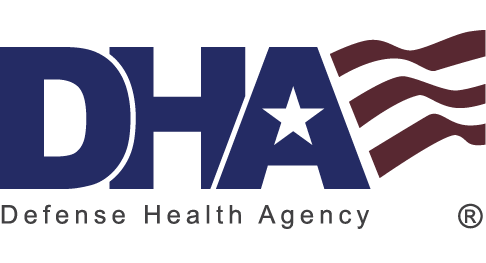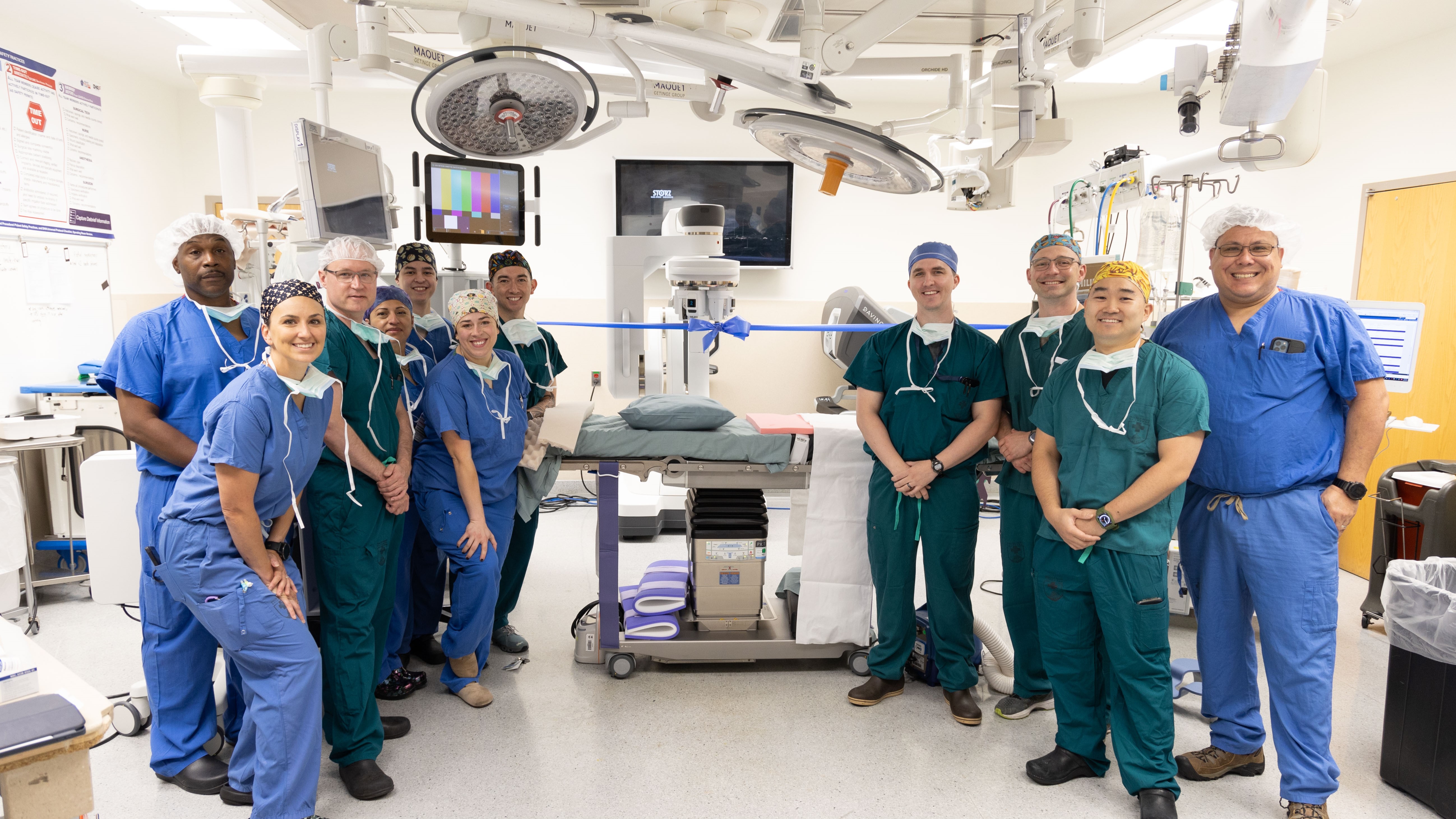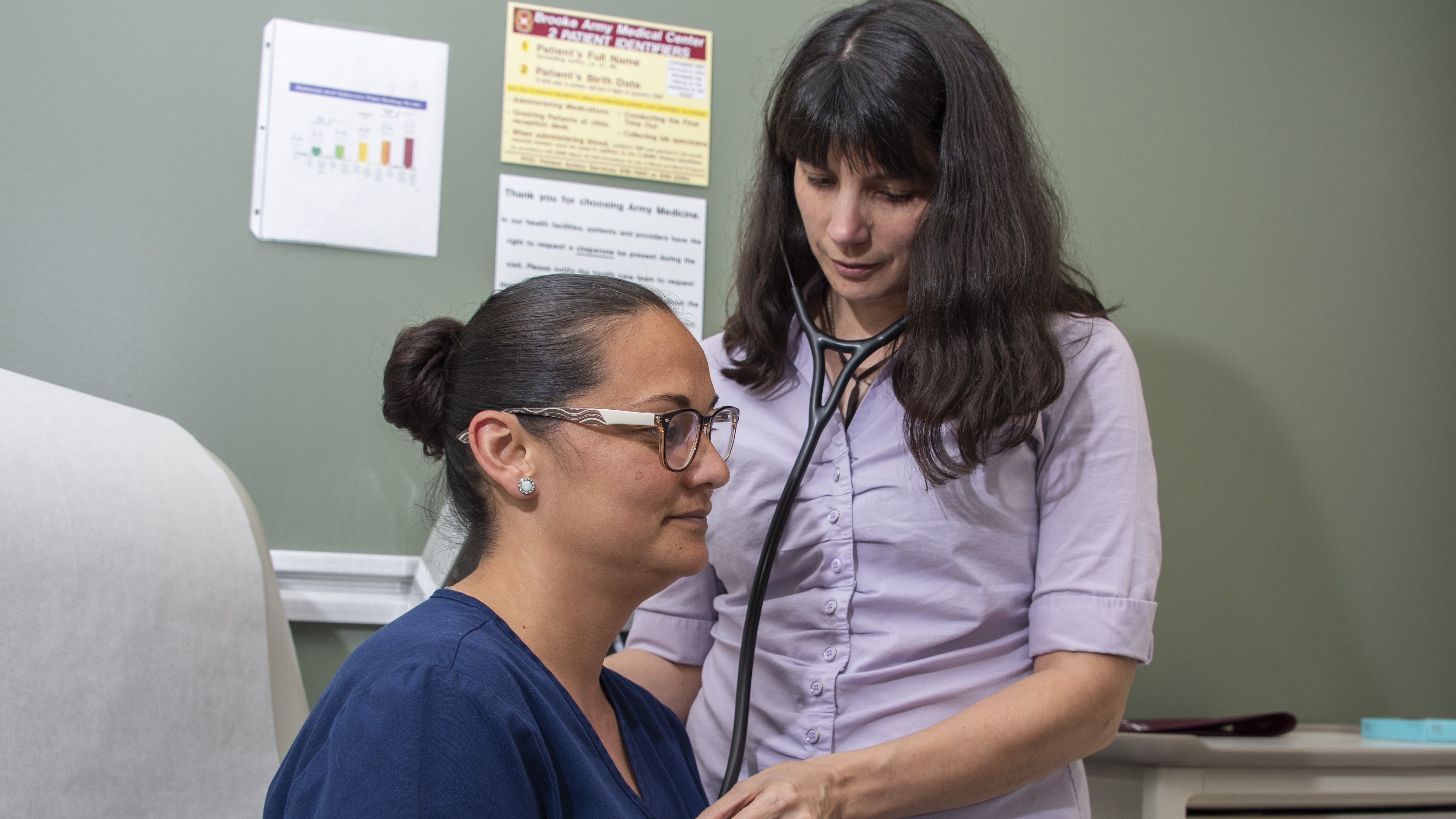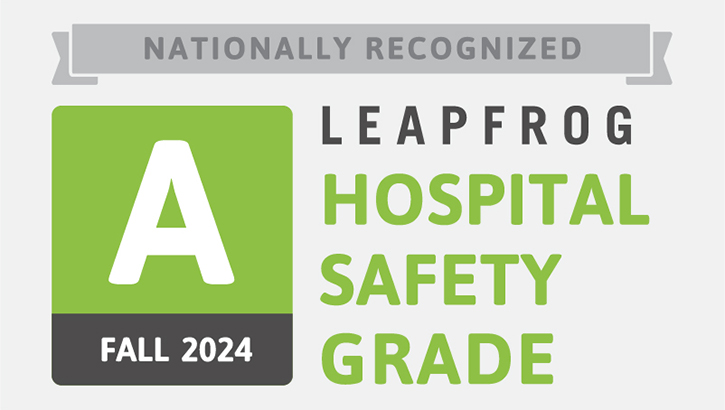Accreditation and Compliance
A comprehensive and systematic process to review accreditation and compliance, allowing military hospitals and clinics to demonstrate their ability to meet DOD policy mandates, regulatory requirements, and health care standards.
Dental Universal Protocol
Standardized Dental Universal Protocol to reduce wrong-site surgery for dental procedures which includes pre-procedural verification and guidance.
Graduate Medical Education
Standardized policy, procedures, and direction to ensure continued accreditation of graduate medical education programs to support a ready medical force.
Influenza Immunizations
Increasing influenza immunizations for all beneficiaries across the MHS.
Postpartum Hemorrhage Bundle
Standardized approach to recognize, respond, and report postpartum hemorrhage to decrease associated morbidity and mortality across the MHS.
Ready Reliable Care Communications
Provides health care teams with a standardized approach for team-based communication and other safety communication practices, including:
- Safety Leadership Rounds (WalkRounds™)
- Leader Daily Safety Briefs
- Unit Based Huddles
- I-PASS Tool for Patient Handoffs
- Surgical Briefs and Debriefs
- Universal Protocol
Stepped Care Model for Pain
Standardizes and effectively implements evidence-based best practices for management of acute and chronic pain in the primary care setting.
Acute Concussion Pathway
Provides a standard assessment and treatment plan for acute concussion, which includes:
- Incorporating an acute assessment MACE2 tool at initial appointment
- Follow-up within 72 hours after the diagnosis of mild Traumatic Brain Injury (mTBI)
- Complete Progressive Return to Activity process prior to return to full duty.
Mental Health Treatments and Outcomes
Enables military hospitals and clinics to track mental health treatment and outcomes, reduce redundancy for patients, streamline the screening process, and focus on outcomes that matter to patients.
Opioid Overdose/Naloxone Distribution
Provides overdose education and naloxone to patients taking long-term opioid therapy with an elevated risk of opioid-related harm.







